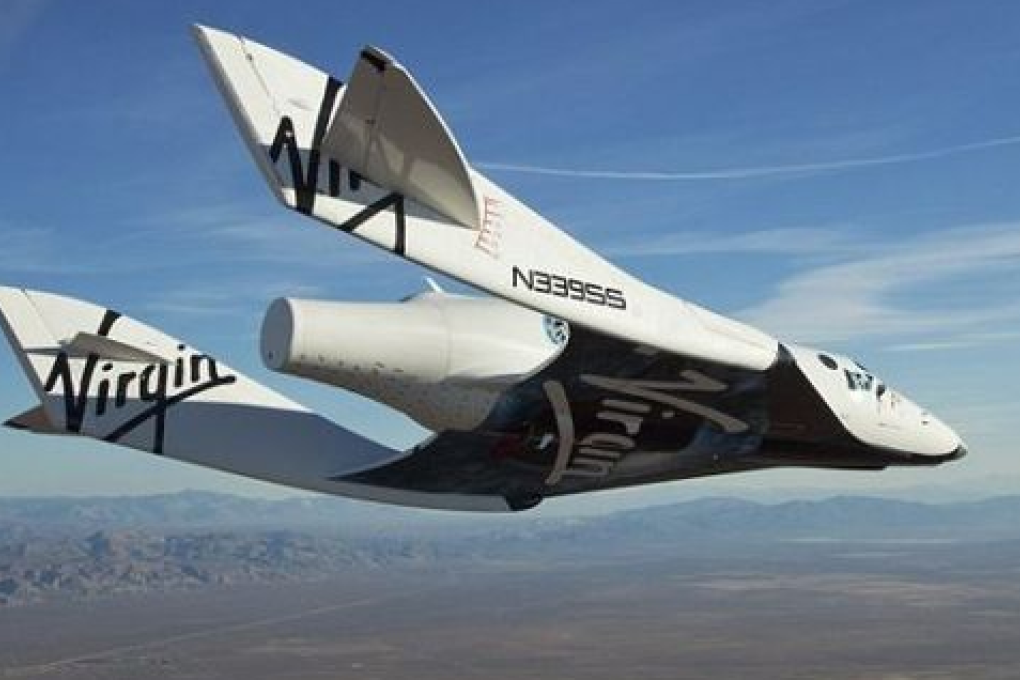China's nouveau riche barred from buying Virgin Galactic's trips into space
PRC passport holders have been barred from Virgin Galactic's "space tourism" flights

Newly-rich Chinese tycoons from the mainland might be able to buy a lot with their money, but they won’t be able to buy a trip into space.
Chinese nationals have been barred from applying for spots on commercial space flights offered by Virgin Galactic, a “space tourism” company founded by British business magnate Richard Branson.
Virgin Galactic’s maiden space flight is currently accepting applications and is set to take place later this year. Several Chinese travelers are reportedly more than willing to pay the HK$ 2 million application fee, but all PRC passport holders will be denied due to United States anti-espionage regulations. Passengers with multiple passports or US residency may be considered.
According to various international media outlets including The Herald Sun, The International Business Times and The Daily Mail, Virgin Galactic’s space crafts – known as SpaceShipTwo and WhiteKnightTwo – both contain rocket engines that are considered military-grade machinery under the United States’ International Traffic in Arms Regulations, a series of guidelines instituted during the Cold War to prevent US technology from falling into the hands of foreign powers such as China.

“If Chinese passport holders have a US Green Card, then Virgin Galactic accepts their application. We [also] have passengers [who have] successfully applied with Hong Kong SAR passports.”